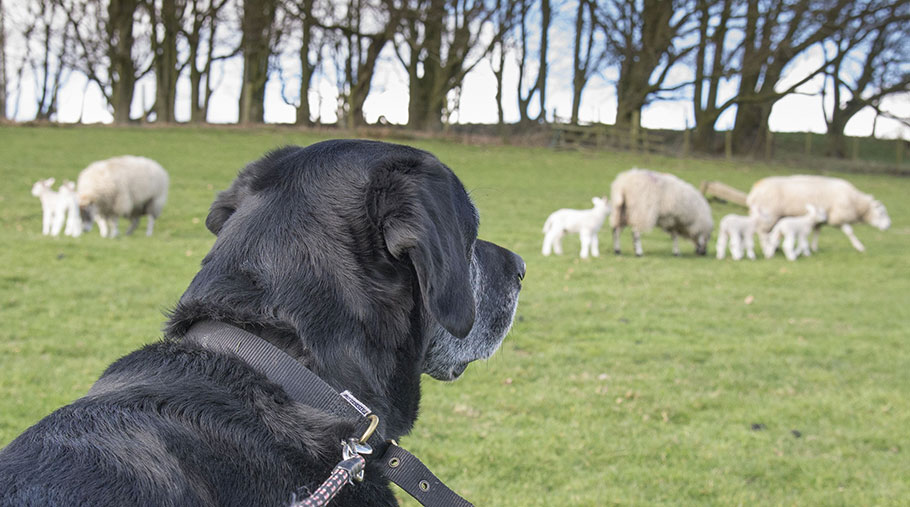Livestock worrying effects ‘long-lasting’, MPs told
 © FLPA/John Eveson/REX/Shutterstock
© FLPA/John Eveson/REX/Shutterstock Farmers and rural businesses are “severely impacted” by livestock worrying and the effects can be long-lasting, a parliamentary committee was told.
MPs on the influential Environment, Food and Rural Affairs (Efra) select committee have launched an inquiry into dangerous dogs.
NFU deputy president Guy Smith told the committee attacks on livestock can disrupt decades of careful breeding and are often extremely difficult for a farm to recover from.
See also: Special investigation shows police are failing to crack down on sheep worrying
Figures from NFU Mutual show attacks on livestock by out of control dogs cost UK agriculture a staggering £1.6m last year.
Claims figures showed a 67% increase in costs resulting from dog attacks on livestock from 2015 to 2017.
A lack of evidence means the true extent of such attacks are not known, but Sheepwatch UK – an organisation set up in response to a rise in livestock worrying – estimates dogs kill 15,000 sheep in the UK every year.
Commenting on his evidence, Mr Smith said: “Livestock attacks can be extremely distressing and often leave livestock with particularly graphic injuries and mortalities. The remote and vulnerable nature of farms only amplifies the emotional impact of an attack.
This was an important opportunity to raise this issue with MPs and stress there needs to be consistency across police forces and local authorities in their approach to enforcing dog control legislation Guy Smith, NFU
“The effects can be long-lasting and it is not just the initial financial loss from the lost stock, but it can also have a serious and lengthy impact on a farming business due to the significant disruption caused.
“This was an important opportunity to raise this issue with MPs and stress there needs to be consistency across police forces and local authorities in their approach to enforcing dog control legislation.”
Low prosecution rates
The NFU has repeatedly called for a co-ordinated and consistent approach, across all rural crime, and for more successful prosecutions.
A recent National Police Chiefs’ Council (NPCC) report highlighted that successful prosecution rates were extremely low.
“Currently, there is no formal requirement for police to record livestock attacks, resulting in a lack of accurate figures that reveals the true extent of livestock attacks,” added Mr Smith.
“The NFU would welcome a formal requirement for police forces to record all livestock attacks.”
The NFU is the leading farming organisation working on dealing with livestock attacks and sits on the NPCC’s delivery group for livestock offences.
It has also worked closely with the Kennel Club to produce footpath signs which raise awareness of the issue to the public and encourage responsible behaviour with dog walkers.
